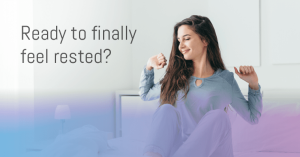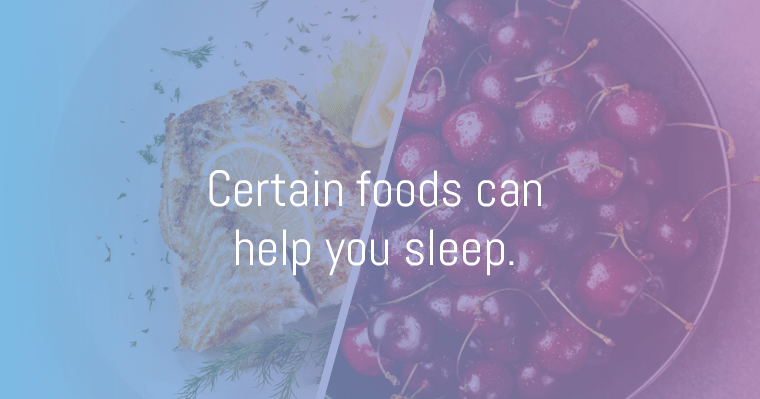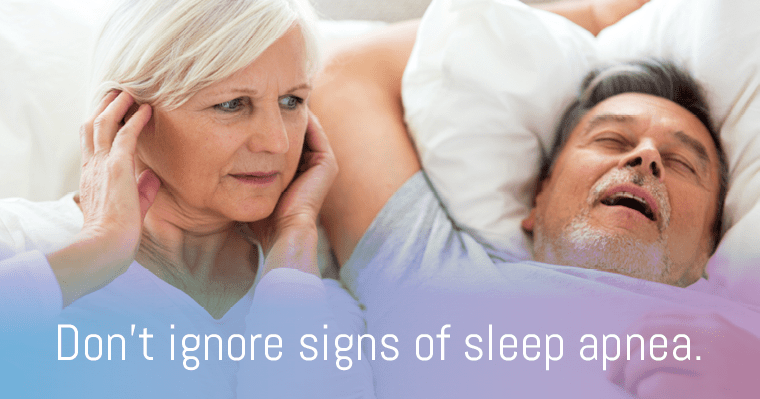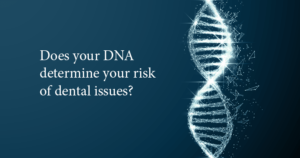Tips For a Good Night’s Sleep

Nothing beats a good night’s sleep. But getting one can be challenging. Getting deep, restful sleep is important to restoring brain chemicals, strengthening the immune system, balancing hormones, and being able to function effectively throughout the day.
The problem with getting enough sleep is that we lead such busy lives today it can be hard to get your mind and body to shut down long enough to allow sleep to overtake them.
March 4-11, 2018 is National Sleep Awareness Week so we wanted to share some tried and tested tips for getting the restful sleep your mind and body need.
Tips for a good night’s sleep
Tip #1 – Power down
For many, this simple step is probably the most important – turning off all your distracting electronic gadgets before you go to bed.
Better yet, don’t even have them in the bedroom with you. The soft blue glow from a cell phone, tablet, or even a digital clock can be hurting your sleep. Turning them off at least an hour before you go to bed and covering any displays you can’t turn off will go a long way to getting you to dreamland faster and longer.
Tip #2 – Keep in sync with your body’s natural sleep-wake cycle
Try to establish a regular sleeping routine by following these suggestions:
- Go to sleep and wake up at the same time every day
- Avoid sleeping in, even on weekends – this is hard, but the result will actually mean more sleep time for you!
- Keep daytime naps short – sleeping too long during the day will disrupt your nighttime sleep
- Limit caffeine and nicotine
- Don’t eat big meals at night
- Avoid alcohol before bed
Tip #3 – Try these sleep-inducing foods
Cherries are high in melatonin, a natural hormone that makes you sleepy. So, try eating a cup of whole cherries as a late-night snack or have a glass of cherry juice.
Fish is rich in tryptophan, a natural sedative, with shrimp, cod, tuna, and halibut having the highest levels (even more than turkey). The American Heart Association recommends eating fish at least twice a week, so choose one of the varieties mentioned above and receive double the benefits – for both your heart and your sleep!

Tip #4 – Use these breathing exercises to lull yourself to sleep
- Breathe in through your nose for four seconds.
- Hold your breath for seven seconds.
- Slowly breathe out through your mouth for eight seconds.
- Repeat this process until you fall asleep.
Tip #5 – Get a sleep apnea evaluation
For some, the challenge in getting a good night’s sleep is more serious. Sleep apnea affects an estimated 22 million Americans, often going undiagnosed. It involves experiencing regular interruptions in breathing during sleep, which can happen hundreds of times a night, disrupting your ability to sleep deeply.
The two most common symptoms of sleep apnea are waking up tired each morning and heavy snoring (which can disrupt the sleep of your bedmates also!) Untreated sleep apnea can result in complications that seriously affect your overall health as ongoing sleep deficiency is linked to an increased risk of heart disease, kidney disease, high blood pressure, diabetes, and stroke.

Do you suspect you may suffer from sleep apnea? Here is a short self-evaluation test from Harvard Medical School you can take. If you think sleep apnea may be the culprit behind your daily fatigue, talk with your doctor or dentist about an effective solution.
Nighty-night!
Getting a good night’s sleep takes some work, but it’s definitely worth all the effort. Along with the tips above, making sure your sleep area is cozy, quiet, and restful is a must. We hope implementing some of these tips will help you to soon find the elusive land of Nod and be waking up rested and ready to take on each new day!
The content on this blog is not intended to be a substitute for professional medical advice, diagnosis, or treatment. Always seek the advice of qualified health providers with questions you may have regarding medical conditions.
Re-posted with permission. Source.



